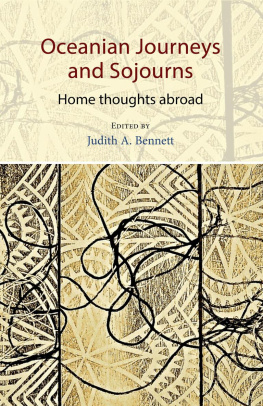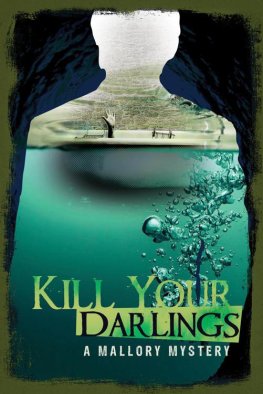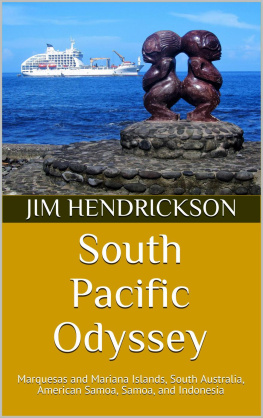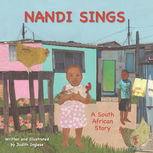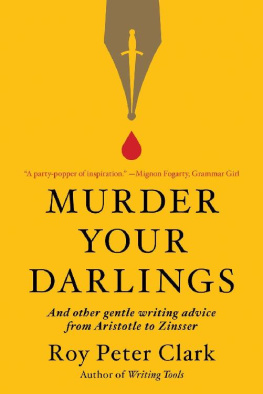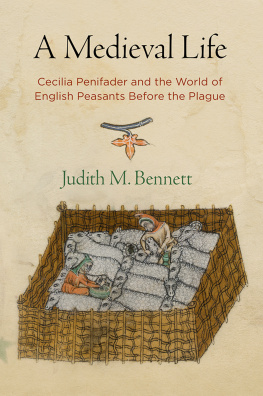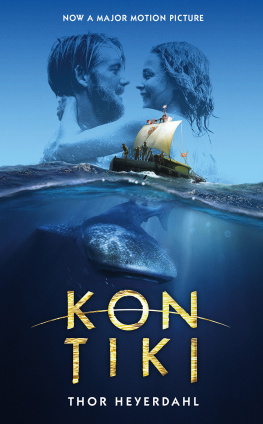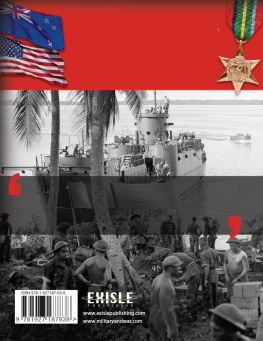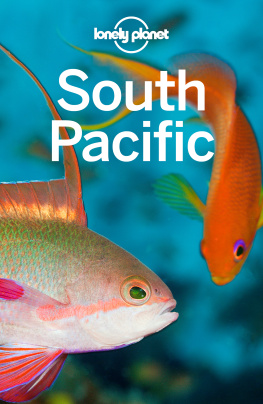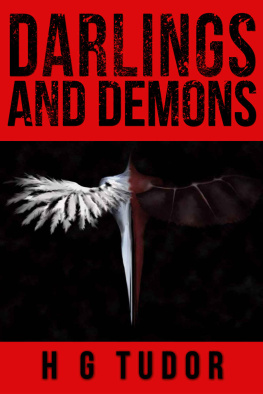Judith A. Bennett - Mothers Darlings of the South Pacific
Here you can read online Judith A. Bennett - Mothers Darlings of the South Pacific full text of the book (entire story) in english for free. Download pdf and epub, get meaning, cover and reviews about this ebook. publisher: University of Hawaii Press, genre: Politics. Description of the work, (preface) as well as reviews are available. Best literature library LitArk.com created for fans of good reading and offers a wide selection of genres:
Romance novel
Science fiction
Adventure
Detective
Science
History
Home and family
Prose
Art
Politics
Computer
Non-fiction
Religion
Business
Children
Humor
Choose a favorite category and find really read worthwhile books. Enjoy immersion in the world of imagination, feel the emotions of the characters or learn something new for yourself, make an fascinating discovery.

- Book:Mothers Darlings of the South Pacific
- Author:
- Publisher:University of Hawaii Press
- Genre:
- Rating:3 / 5
- Favourites:Add to favourites
- Your mark:
- 60
- 1
- 2
- 3
- 4
- 5
Mothers Darlings of the South Pacific: summary, description and annotation
We offer to read an annotation, description, summary or preface (depends on what the author of the book "Mothers Darlings of the South Pacific" wrote himself). If you haven't found the necessary information about the book — write in the comments, we will try to find it.
Mothers Darlings of the South Pacific — read online for free the complete book (whole text) full work
Below is the text of the book, divided by pages. System saving the place of the last page read, allows you to conveniently read the book "Mothers Darlings of the South Pacific" online for free, without having to search again every time where you left off. Put a bookmark, and you can go to the page where you finished reading at any time.
Font size:
Interval:
Bookmark:
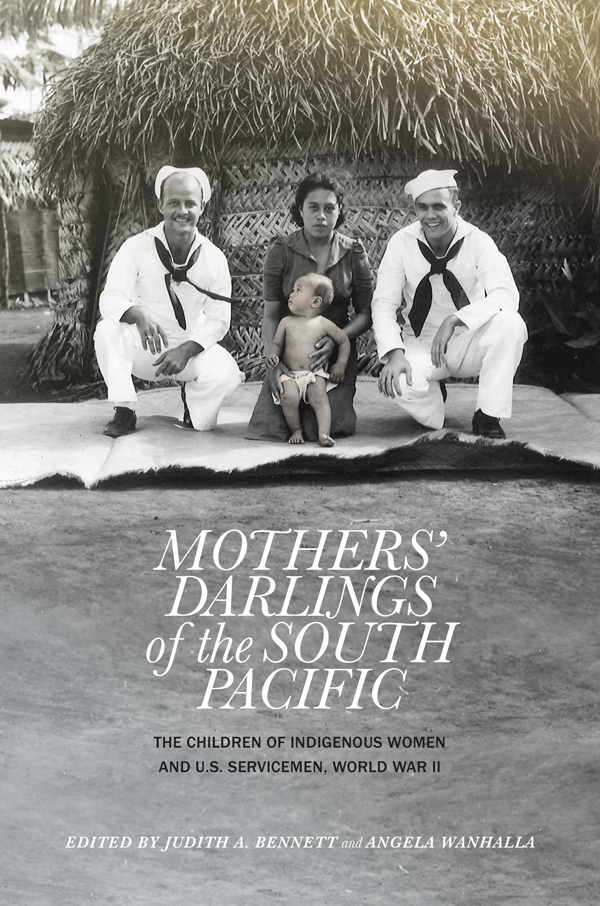
MOTHERS DARLINGS OF THE SOUTH PACIFIC
The Children of Indigenous Women and U.S. Servicemen, World War II
Edited by
Judith A. Bennett and Angela Wanhalla

University of Hawaii Press
Honolulu
Kindly supported by the Marsden Fund Council from Government funding, administered by the Royal Society of New Zealand

University of Hawaii Press
www.uhpress.hawaii.edu
2016 University of Hawaii Press
All rights reserved
Library of Congress Cataloging-in-Publication Data
Names: Bennett, Judith A., editor. | Wanhalla, Angela, editor.
Title: Mothers darlings of the South Pacific : the children of indigenous women and US servicemen, World War II / editors, Judith A. Bennett and Angela Wanhalla.
Description: Honolulu : University of Hawaii Press, 2016. | Includes bibliographical references and index.
Identifiers: LCCN 2015035917 | ISBN 9780824851521 cloth : alk. paper
Subjects: LCSH: Pacific Islander AmericansOceania. | Children of military personnelOceania. | Abandoned childrenOceania.
Classification: LCC DU28.1.P25 M68 2016 | DDC 940.53/1610830995dc23 LC record available at http://lccn.loc.gov/2015035917
ISBN for this edition:
978-0-8248-5827-8 (EPUB)
978-0-8248-5828-5 (Kindle)
Also available:
ISBN: 978-0-8248-5828-5 (Kindle)
ISBN: 978-0-8248-5827-8 (EPUB)
ISBN: 978-0-8248-5829-2 (PDF)
ISBN: 978-0-8248-5152-1 (Cloth)
For further information, please visit:
www.uhpress.hawaii.edu
To all the mothers and their darlings across the South Pacific and beyond
Stories do not explain. They seem to, but all they provide is a starting point. A story never ends at the end. There is always after. And even within itself, even by saying that this version is the right one, it suggests other versions, versions that exist in parallel. No, a story is not an explanation; it is a net, a net through which the truth flows. The net catches some of the truth, but not all, never all, only enough so that we can live with the extraordinary without it killing us.
C ONTENTS
JUDITH A. BENNETT
JUDITH A. BENNETT AND ANGELA WANHALLA
JUDITH A. BENNETT
SAUIA LOUISE MATAIA-MILO
KATHRYN CREELY
JUDITH A. BENNETT
JUDITH A. BENNETT
JUDITH A. BENNETT
JACQUELINE LECKIE AND ALUMITA DURUTALO
ANGELA WANHALLA AND KATE STEVENS
JUDITH A. BENNETT
ROSEMARY ANDERSON
JUDITH A. BENNETT
ANGELA WANHALLA, JUDITH A. BENNETT, AND ROSEMARY ANDERSON
A CKNOWLEDGMENTS
Above all, we thank our participants for sharing their stories and lives with us. We mention many by name in the accounts, and others are there under pseudonyms. We felt honored to have had your contributions and hope this book will help you and others to more fully know that your lives and those of your families continue to have significance. We also remember with gratitude those who have passed on during this research and the many dead who can no longer tell their stories. We commend them, the dead and the living, to God.
As the chief investigator of this Mothers Darlings Project, I would like to thank all the members of the team, including those who assisted initially but later left the project for personal reasons. Special thanks go to Marsa Dodson, our first tireless research assistant who early in the project found and interviewed so many Cook Islands participants, as well as a couple of others from other countries. Her work and sensitivity in this regard were outstanding. I also thank Phyllis Herda who assisted in several ways with the Tongan aspects of the research.
I warmly thank my friend, colleague, and collaborator, Angela Wanhalla, whose even composure I can never hope to duplicate . Kate Stevens and Lucy Mackintosh supplemented Angelas interviews with research in the New Zealand archives and in U.S. newspaper records, respectively . Jacqui Leckie and Alumita Durutalo were a complementary and productive duo for research in Fiji. Sauia Louise Mataia-Milos work among the Samoan participants is a singular and courageous contribution, not without cost to her among her own people where such matters are rarely discussed beyond the family. Based in San Diego, Kathryn Creely has added particular value to this collection through her sensitive case study of a New Caledonian woman who struggled to survive in the United States but whose family there and in New Caledonia have now reconnected through Kathys patient research. We are all the richer for this history. I am especially grateful, as we all are, to Rosemary Anderson, who worked initially as a research assistant and, when the need suddenly arose, wrote the chapter on the Cook Islands, calling on her own knowledge of wartime pressures on these islands. Her persistence in tracking down lost connections with U.S. families has been a major strength of this project and of lasting benefit to the families concerned, some of whom are mentioned in the book.
The original plan for this project was for the designated research team of four plus a research assistant to work among people from particular islands. One of the designated researchers had to withdraw for personal reasons, so I took her place for one of the island groups. Because none of us was fluent in French we had decided to concentrate on islands where English was the main foreign language. Happily, I found a Wallis man, Petelo Tufale in Vanuatu. He agreed to be part of this research while Kathryn Creely, as mentioned earlier, provided a New Caledonian case study. I was able to research Bora Bora and added that as another chapter to cover the bases in the French Pacific. The rest of the teamWanhalla, Leckie, and Iworked on the islands we knew best from earlier research. I had planned to work in Samoa, but soon realized that my former student, Sauia Louise Mataia-Milo, being Samoan, could do this research far more ably, so I left it in her capable hands.
In 2010 when I was in Vanuatu doing research, by chance I met a former undergraduate student of mine. Discussion over the worst red wine Steve Talley has ever been presented with led to his interest in making a documentary related to this project. Unfortunately, this discussion occurred after our funds had already been allocated according to the strict categories of the Marsden Fund, but the University of Otago did provide substantial support. With the subsequent help of Television New Zealand (TVNZ), one of the stories of the U.S. reunion of the Beren family was broadcast on 28 August 2011 in an episode titled Generation GI of Channel Ones Sunday Program . Steve had to use his personal funds to capture the Michigan reunion on film. He and co-producer Peggy Holter were then contacted by TVNZ who happened to be covering Arthur Berens trip from the New Zealand end, and both parties agreed to share their respective footage for the Sunday Program and for the University of Otago project. A follow-up documentary made by Steve and Peggy about the return of the Willess family to American Samoa appeared on 26 April 2012, as the World War Two Love Story of Homer and Vaofefe Willess on Mori TV, New Zealand. With some reallocated funds from savings from the Marsden grant, Steve and Peggy have since made a film of the Gaeng sons search for both their U.S. father and their Mori mother. Aspects of these stories were presented in a fifty-minute documentary titled Born of Conflict, broadcast on 25 April 2014 (Anzac Day) on Mori TV, as well as on YouTube. These programs have had a major impact on peoples lives and understanding. Even as I write this in June 2014, in the last week we have had two emails and a visit from people who believe they have a U.S. father. We are grateful to TVNZ for the opportunity to bring the fruits of this research project to the public. We all thank Steve and Peggy for their unique role in doing history through film and for their patience with book-oriented historians who have learned so much from them.
Font size:
Interval:
Bookmark:
Similar books «Mothers Darlings of the South Pacific»
Look at similar books to Mothers Darlings of the South Pacific. We have selected literature similar in name and meaning in the hope of providing readers with more options to find new, interesting, not yet read works.
Discussion, reviews of the book Mothers Darlings of the South Pacific and just readers' own opinions. Leave your comments, write what you think about the work, its meaning or the main characters. Specify what exactly you liked and what you didn't like, and why you think so.

